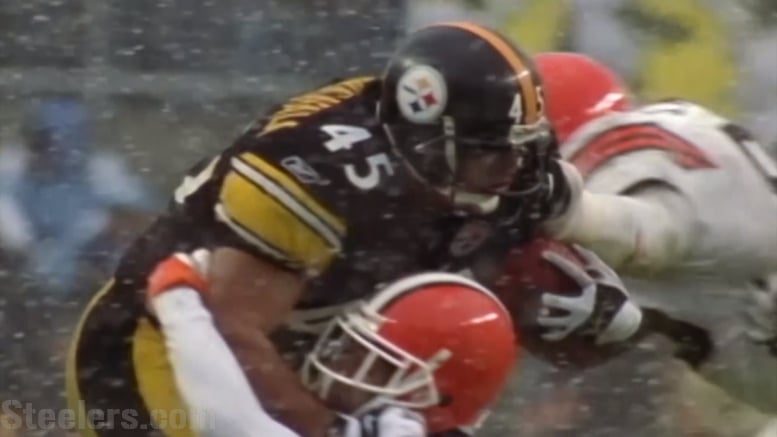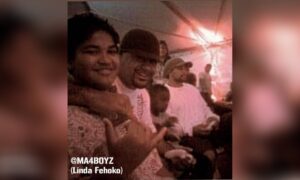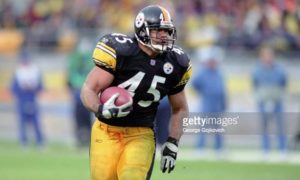In spite of the immense amount of work poured into the process by seemingly a countless number of people, both at the professional and amateur level, it’s safe to say that it’s virtually impossible to accurately predict much of the NFL Draft. When you have 32 unique groups of decision-makers vying for the same ends, however, that shouldn’t exactly be surprising.
While there are a lot of players who have some sort of universal consensus about them—that they are a top-10 player or on the fringe of being draftable, for example—a large number of players tend to fall within a very large but clustered group that can span multiple rounds with respect to the range in which they might fall.
In other words, a lot of players are drafted earlier or later, often significantly, than many on the outside looking in expected. Take the Pittsburgh Steelers’ 2018 NFL Draft class as an example. Few people had a first-round grade on safety Terrell Edmunds, let along predicted he would actually be selected in the first round, yet Pittsburgh chose him over other safeties such as Jessie Bates.
In contrast, there was a decent sense that quarterback Mason Rudolph could be drafted in the first round, though it was far from set in stone. Instead, he fell all the way into the third round, which is why the Steelers not only were able to but willing to go get him in the middle of the round.
Others had to wait even longer. Such as former Steelers running back Chris Fuamatu-Ma’afala, who expected to be drafted in the third round in 1998 when coming out of Utah, but instead had to wait all the way into the sixth round to hear his name called.
“After the third round went by I stopped watching the draft”, he told the team’s website in recalling his draft experience from 21 years ago. “I had my whole family there. I was anticipating the moment. The fourth round came, finally the sixth round and it was the Pittsburgh Steelers”.
In such instances when a player drops and one team finally steps up to take him, those players often end up feeling a greater sense of loyalty for the group that finally decided to end his suffering and take a change on him. that was the case for Fu.
“I thought I don’t care what these guys want me to do, I am going to do it”, he said. “I was going to give them all I had. It saved my family. We were anticipating the moment. I always felt indebted to the organization and I tried to play that way”.
Though he never started more than five games in a season playing behind Jerome Bettis, Fu recorded 751 rushing yards on 172 attempts with six touchdowns in Pittsburgh, with another 38 receptions for 330 yards and two touchdowns, becoming a fan favorite as well. He played two more seasons in Jacksonville before retiring.






